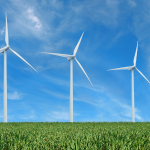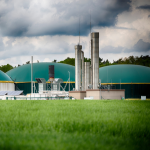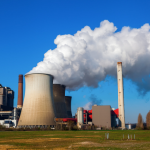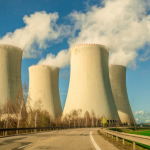Learn Everything About Clean Energy & More!
Check out our free energy glossaries and learn everything related to yoga!
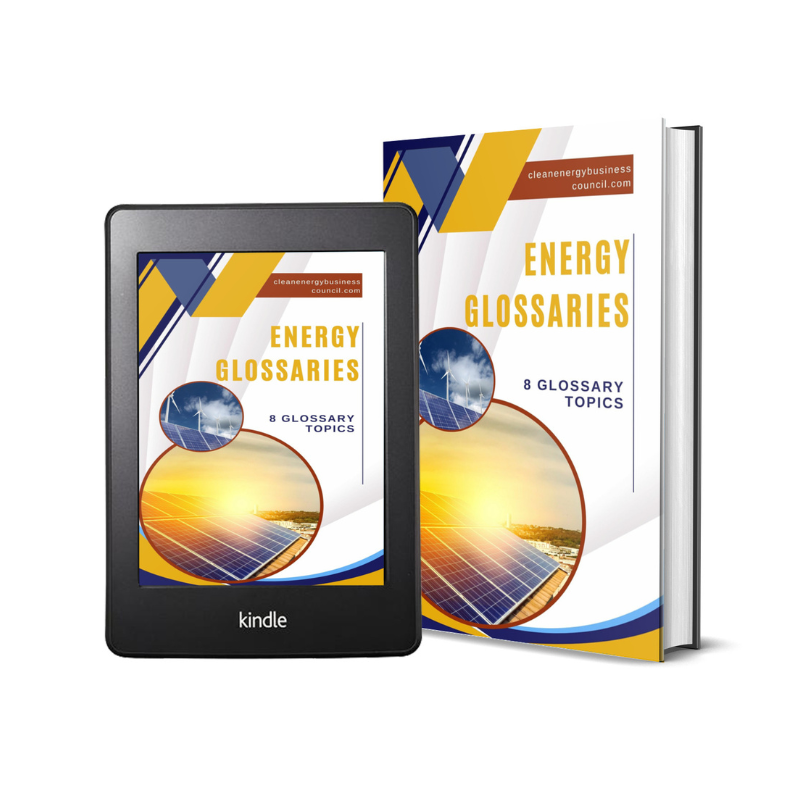
Energy Glossaries
Some Recent Energy Glossary Articles
Volcanic Geothermal Energy – Definition & Detailed Explanation – Geothermal Energy Glossary Terms
I. What is Volcanic Geothermal Energy? Volcanic geothermal energy is a renewable energy source that harnesses the heat generated by volcanic activity beneath the Earth’s surface. This heat is used to produce electricity and heat water for various applications. Geothermal energy is considered a clean and sustainable energy source because it does not rely on … Read more
Feedstock Pre-treatment – Definition & Detailed Explanation – Biomass Energy Glossary Terms
I. What is Feedstock Pre-treatment? Feedstock pre-treatment refers to the process of preparing biomass materials for conversion into energy. This step is essential in biomass energy production as it helps to optimize the efficiency of the conversion process and improve the overall sustainability of the energy production system. Feedstock pre-treatment involves various physical, chemical, and … Read more
Climate Change Adaptation for Hydropower – Definition & Detailed Explanation – Hydroelectric Power Glossary Terms
I. What is Climate Change Adaptation? Climate change adaptation refers to the process of adjusting to the changing climate in order to mitigate its negative impacts. With the increasing global temperatures and extreme weather events, it has become crucial for various industries to adapt to these changes in order to ensure their sustainability and resilience. … Read more
Fossil Fuel Lobby – Definition & Detailed Explanation – Fossil Fuels Glossary Terms
I. What is a Fossil Fuel Lobby? Fossil fuel lobbies are groups or organizations that advocate for the interests of the fossil fuel industry. These lobbies work to influence government policies, regulations, and legislation in favor of fossil fuel companies. They often engage in lobbying activities, such as meeting with lawmakers, funding political campaigns, and … Read more
Wind Farm – Definition & Detailed Explanation – Wind Energy Glossary Terms
I. What is a Wind Farm? A wind farm is a collection of wind turbines that are used to generate electricity. These turbines are typically placed in areas with high wind speeds, such as onshore or offshore locations. The turbines are connected to a power grid, which allows the electricity generated to be distributed to … Read more
Wind Turbine Performance Monitoring – Definition & Detailed Explanation – Wind Energy Glossary Terms
I. What is Wind Turbine Performance Monitoring? Wind turbine performance monitoring is the process of tracking and analyzing the efficiency and output of wind turbines in a wind farm. This monitoring is crucial for ensuring that the turbines are operating at their optimal levels and producing the maximum amount of energy possible. By closely monitoring … Read more
Fermentation – Definition & Detailed Explanation – Biomass Energy Glossary Terms
I. What is Fermentation? Fermentation is a metabolic process that converts sugars into acids, gases, or alcohol. It is a natural process that occurs in the absence of oxygen and is carried out by microorganisms such as bacteria, yeast, and fungi. Fermentation has been used for centuries in the production of food and beverages such … Read more
Biomass Energy Industry Development – Definition & Detailed Explanation – Biomass Energy Glossary Terms
I. What is Biomass Energy? Biomass energy is a renewable energy source that is derived from organic materials such as plants, trees, and animal waste. These organic materials are known as biomass feedstocks and can be used to produce heat, electricity, and transportation fuels. Biomass energy is considered renewable because the organic materials used to … Read more
Gas Risk Management – Definition & Detailed Explanation – Fossil Fuels Glossary Terms
I. What is Gas Risk Management? Gas risk management is the process of identifying, assessing, and mitigating potential risks associated with the handling, transportation, and storage of gases, particularly in the fossil fuels industry. This includes risks related to the release of harmful gases into the environment, as well as risks to the health and … Read more
Renewable Energy Certificate (REC) – Definition & Detailed Explanation – Hydroelectric Power Glossary Terms
I. What is a Renewable Energy Certificate (REC)? A Renewable Energy Certificate (REC) is a tradable certificate that represents the environmental attributes of renewable energy generation. When renewable energy is produced, RECs are created to track the amount of clean energy generated and consumed. RECs are used to incentivize the production of renewable energy and … Read more

